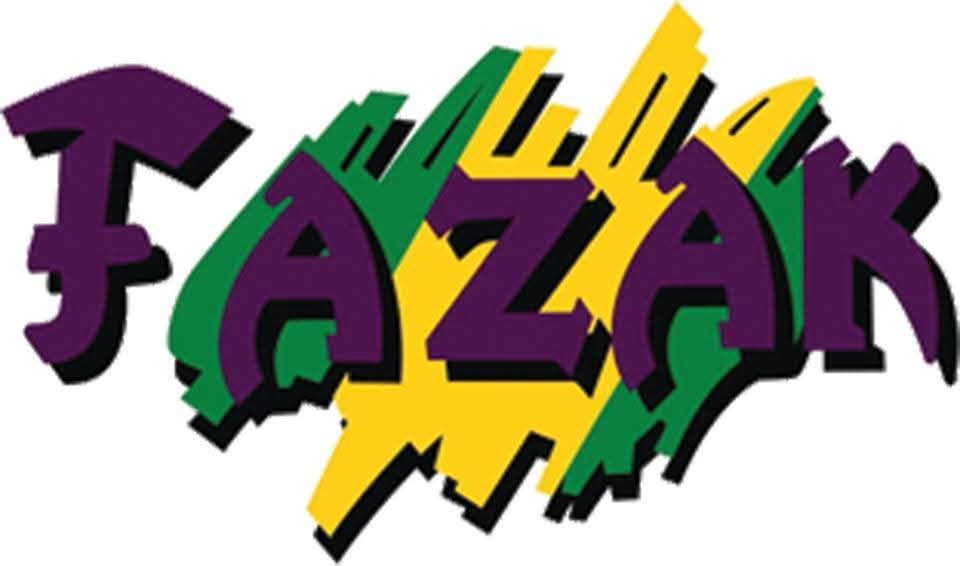DT Correspondent
The Confederations of Zimbabwe Retailers (CZR) have implored the central bank and the government to come up with more measures that would stabilise the new currency and prices of basic commodities.
This situation is untenable and requires urgent intervention to stabilize the exchange rate and ensure equitable access to foreign currency,” CZR president Denford Mutashu said in a letter addressed to the RBZ governor John Mushayavanhu recently.
“The primary constraint currently facing businesses in the retail wholesale sector is the volatility of the exchange rate, which is severely hampering operations across the supply chain.
The existing exchange rate mechanism is making it nearly impossible for businesses to recoup their investments. This instability has led to a significant demand for USD, which is not readily accessible through formal banking channels, further exacerbating the issue.
“Retailers and wholesalers are burdened with substantial stocks of ZiG, yet there is insufficient market capacity to absorb these funds, creating a liquidity trap.
For instance, sugar suppliers are now requiring payments in a split of 85 percent USD and 15 percent ZiG, highlighting the disparity between available currencies and the operational needs of businesses” reads the statement.
The CZR boss further highlighted that authorities must stabilize the exchange rate through implementing a transparent and market-driven system that allows businesses to access foreign currency through formal channels.
“As we reflect on the current economic landscape, it is imperative that more targeted and impactful policy interventions are implemented to safeguard the broader economy.
The volatility of the exchange rate and the ongoing currency imbalances have placed enormous strain on the operational capacities of businesses, disrupting supply chains and creating significant barriers to sustainable growth.”
“The central bank must reduce and standardize bank charges to make digital transactions more viable and reduce the shift towards a cash economy, adding that there is a need to address inflation through coordinated monetary and fiscal policies to protect consumer purchasing power and support retail and wholesale operations.
“Another critical issue facing the retail and wholesale sector is the excessive cost of banking, particularly with regard to the Intermediated Money Transfer Tax (IMTT), which has been standardized at two percent.
“These charges are becoming increasingly burdensome for businesses, eroding profit margins and straining financial resources. As a result of these prohibitive costs, there is a growing shift towards a cash-based economy. Both businesses and consumers are resorting to cash transactions to avoid the high fees associated with digital payments,” said Mutashu.
“This trend not only poses operational risks but also hinders efforts to formalize the economy and enhance financial transparency. The move towards a cash economy is counterproductive, reducing the efficiency of transactions and increasing the potential for financial exclusion.”
He said there is a need to provide incentives for local production to reduce import dependency and build a more resilient supply chain.
“Operational costs additionally, it is important to highlight the escalating operational costs that retailers are facing, primarily due to power supply challenges.
These challenges have made fuel, a critical input for generators and transportation a major expense, and this cost is predominantly incurred in USD.
“The reliance on foreign currency for fuel purchases is placing considerable financial strain on retailers. We strongly recommend that the government intervenes by enabling fuel purchases in local currency to alleviate this burden and support the sustainability of businesses in the retail sector.”
Mutashu noted that there was a need to develop cohesive and consistent policies that support the growth of formal businesses and discourage the expansion of the informal sector.
“The retail and wholesale sector is currently navigating a challenging policy environment that is increasingly unsupportive of formal business operations. Strict regulatory measures have resulted in a decline in formal businesses, which are integral to the retail and wholesale landscape. These stores are being forced to shut down due to the untenable pressures created by the current policy framework.
As the regulatory environment becomes more stringent, formal businesses are struggling to remain viable, leading to a concerning rise in informal sector activities.
This trend is not only detrimental to established businesses but also undermines the formal economy by pushing more economic activities into unregulated and untaxed domains.
“While primarily a fiscal matter, the CZR acknowledges the need to broaden the tax base to enhance revenue generation, aligning this effort with the broader goals of monetary policy stability.
By implementing a simplified presumptive tax system tailored to the informal sector, Zimbabwe can significantly expand its tax base, thereby alleviating the disproportionate burden on formal businesses and fostering a more competitive and inclusive economic environment.”





